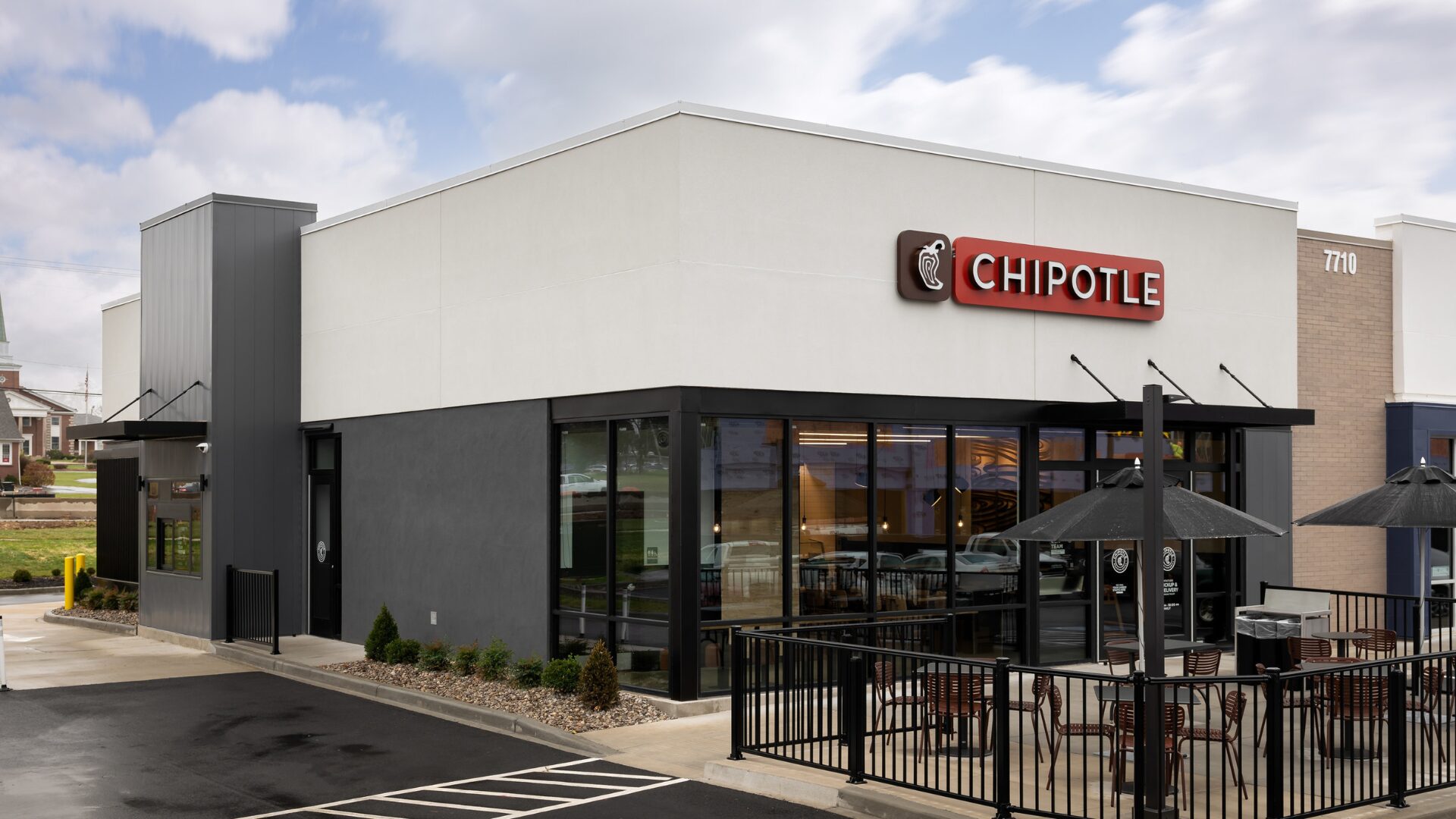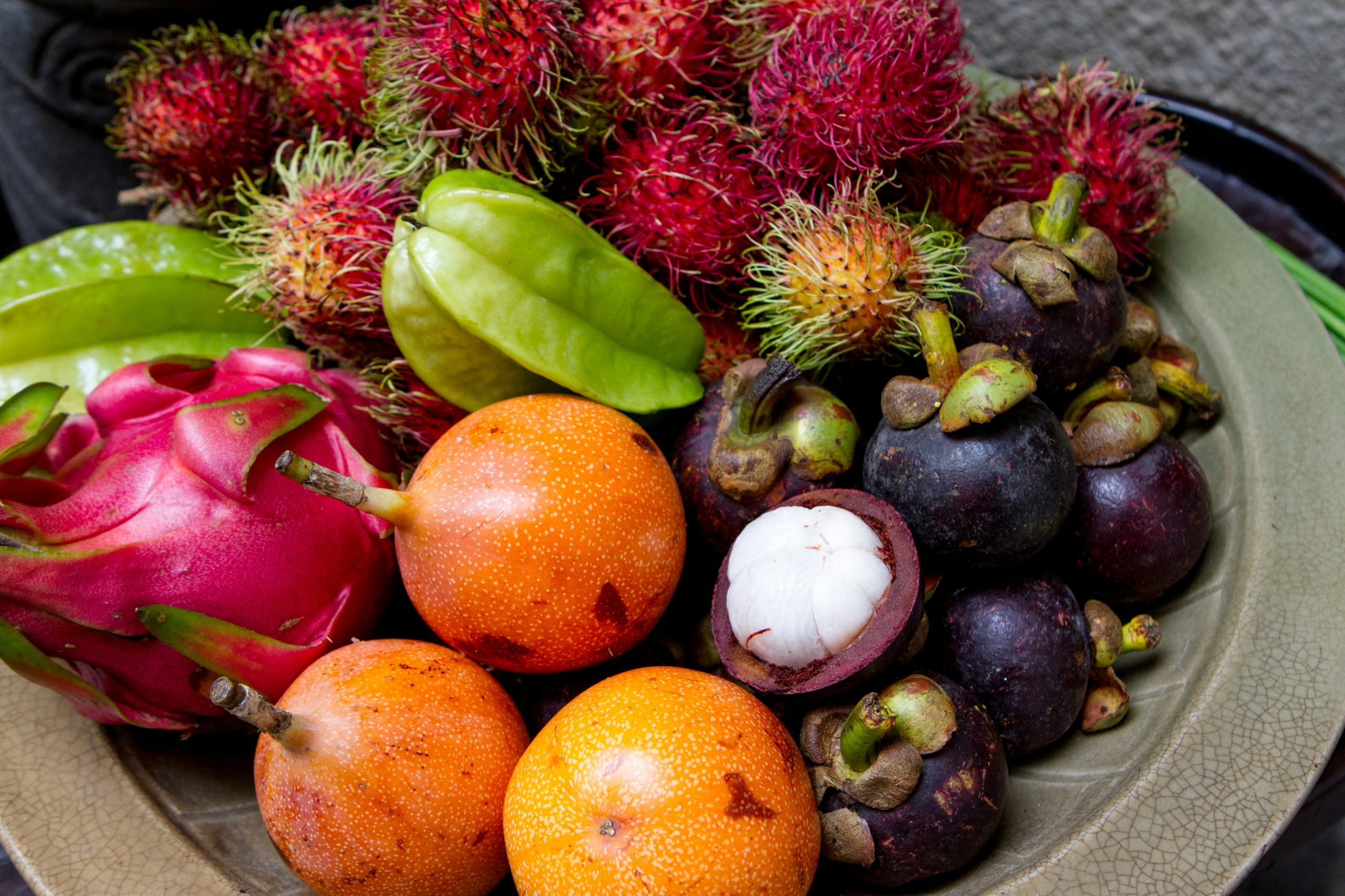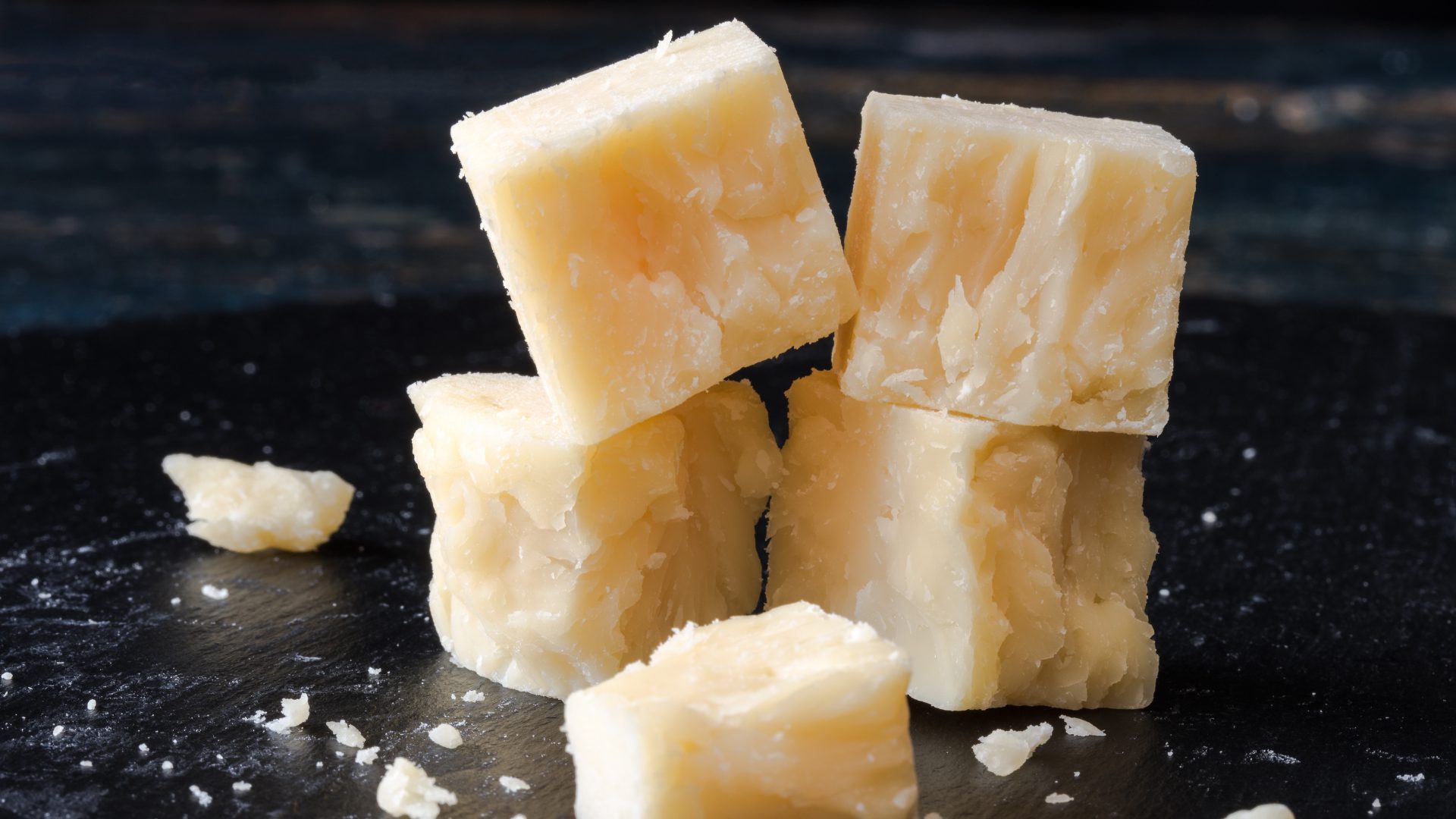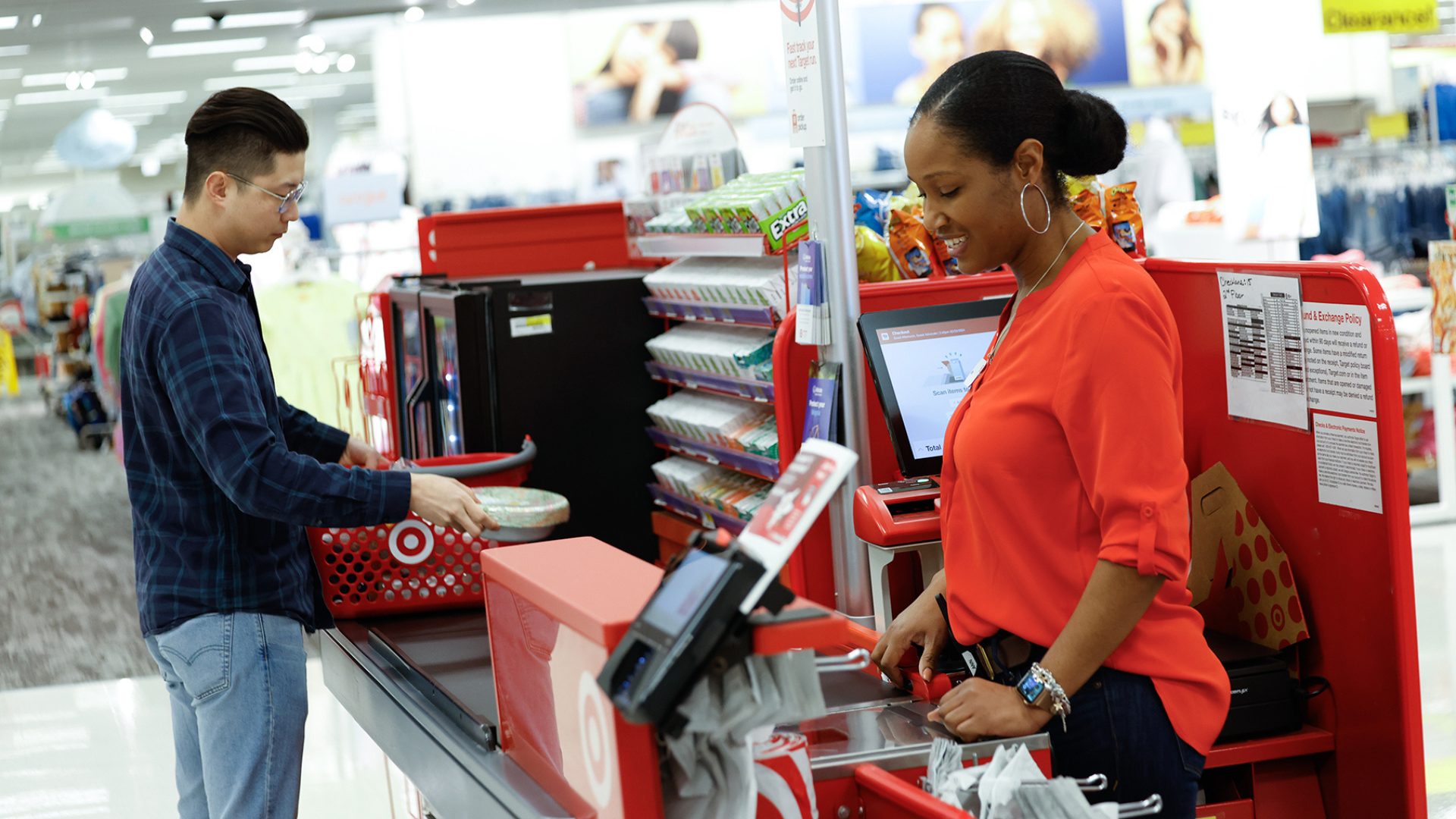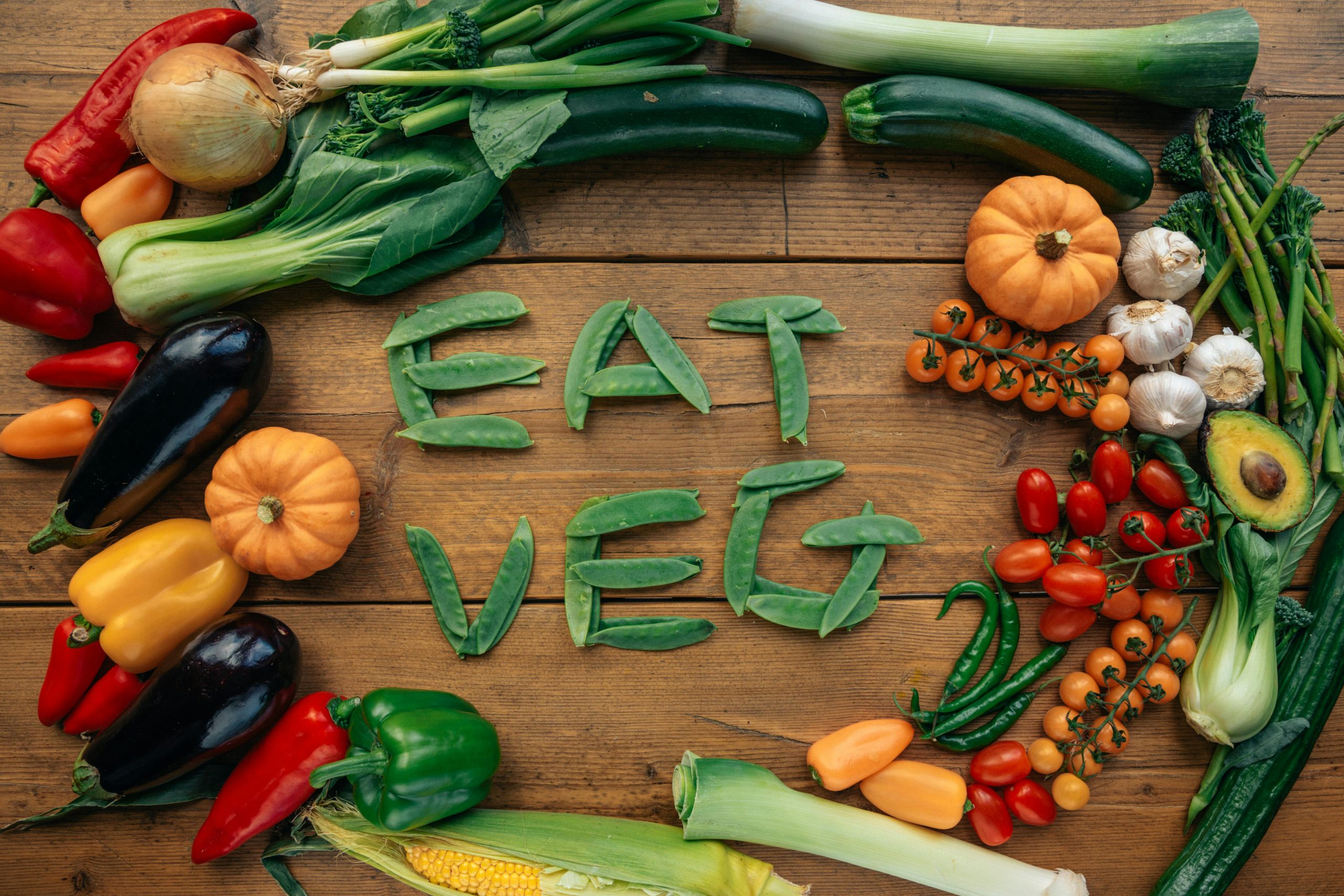Accelerated interest in personal wellbeing, functional snacking, and GLP-1 agonists has motivated yogurt sales. Exhibit A: a report from DoorDash found that yogurt purchases between Jan. 1 and Feb. 24 increased by 110% compared to last year.
These forces have come together to support an industry worth $10.8 billion at U.S. retail in the last 52 weeks ending March 23, according to The Food Institute analysis of Circana data. Globally, IMARC Group estimates place the market size at $134.55 billion, with projections indicating it will grow at a CAGR of 5.4% until it hits $203.8 billion by 2033.
As a result, yogurt businesses, including French conglomerate Danone and New York-based Chobani, are making big moves to support their growth trajectory.
Notably, Danone outperformed analyst expectations with its Q1 sales, achieving a like-for-like sales growth of 4.3% compared to an estimated 3.8% growth.
In North America alone, sales were up 3.7% during the quarter, driven by demand for protein products, which helped soften declines in its underperforming categories such as coffee creamers, reports Reuters. The company’s leadership team attributes much of this growth to GLP-1 agonists and recent trends related to snacking and personal health.
“If we put the consumer first, we are seeing GLP-1 users are gravitating towards nutritionally dense food and smaller portion sizes,” Rafael Acevedo told FI in a recent report about GLP-1 drugs’ impact on the food and beverage industry. “We have products that fulfill their needs.”
Yogurt’s probiotic, protein-rich value proposition, coupled with its snackable format, set it up for success at a time when consumer calories are becoming more valuable. The brand has also devoted critical R&D to innovative offerings in the space, including the high-protein yogurt beverage Oikos Pro, which contains 23 grams of protein in a 7-ounce beverage.
Acevado noted that these moves have supported a 40% boom in Oikos retail sales.
Chobani, on the other hand, is investing its growth back into its core business with a newly announced $1.2 billion factory in Rome, New York, that will make roughly one billion pounds of dairy products a year, according to a statement from the company.
The news comes on the heels of a similar announcement wherein the company indicated its intention to invest $500 million to expand its Idaho factory to 1.5x its production capabilities.
The Greek yogurt giant pioneered interest in its flagship product since beginning in 2005; today it controls roughly 20% of the domestic yogurt market, according to The New York Times.
“We’ve been growing, but that has accelerated dramatically over the last few years, eating up a lot of our capacity,” Hamdi Ulukaya, Chobani’s founder and chief executive, told the news source.
Although the industry is booming, yogurt manufacturers should consider the threat that private label plays on their margins as the U.S. economy enters a period of increased consumer uncertainty. Already, private label is whittling branded sales: although branded businesses account for nearly 89% of domestic dollar sales at retail as of the last 52 weeks ending April 13, private label growth is outpacing branded, up 14.7% vs 9.9% compared to YA, according to Circana data.
The path ahead for branded manufacturers: innovation.
Internationally, this could also look like expansion into related verticals, such as frozen yogurt novelties.
Nestlé Canada, for example, recently partnered with Lactalis Canada on a line of frozen yogurt SKUs under its iÖGO brand, including four bars, four tubs, three pops, and three pops in flavors such as strawberry cheesecake, cherry swirl, and mixed berry.
“[These] frozen yogurt products…combine the indulgence of a frozen treat with the nutritional value, quality, and fun synonymous with iÖGO yogurt,” said Adrienne Pagot-Gérault, general manager of the yogurt & cultured division for Lactalis Canada, in a statement.
The brand is playing up its “permissible indulgence” characteristics, which bodes well for consumers more keenly focused on their personal health.
The Food Institute Podcast
It’s tariff time, and companies the world over are working to better understand how their operations will be impacted. Jodi Ader from RSM US LLP joined The Food Institute Podcast to discuss which products and inputs are currently subject to tariffs, and how to best mitigate supply chain risks.





